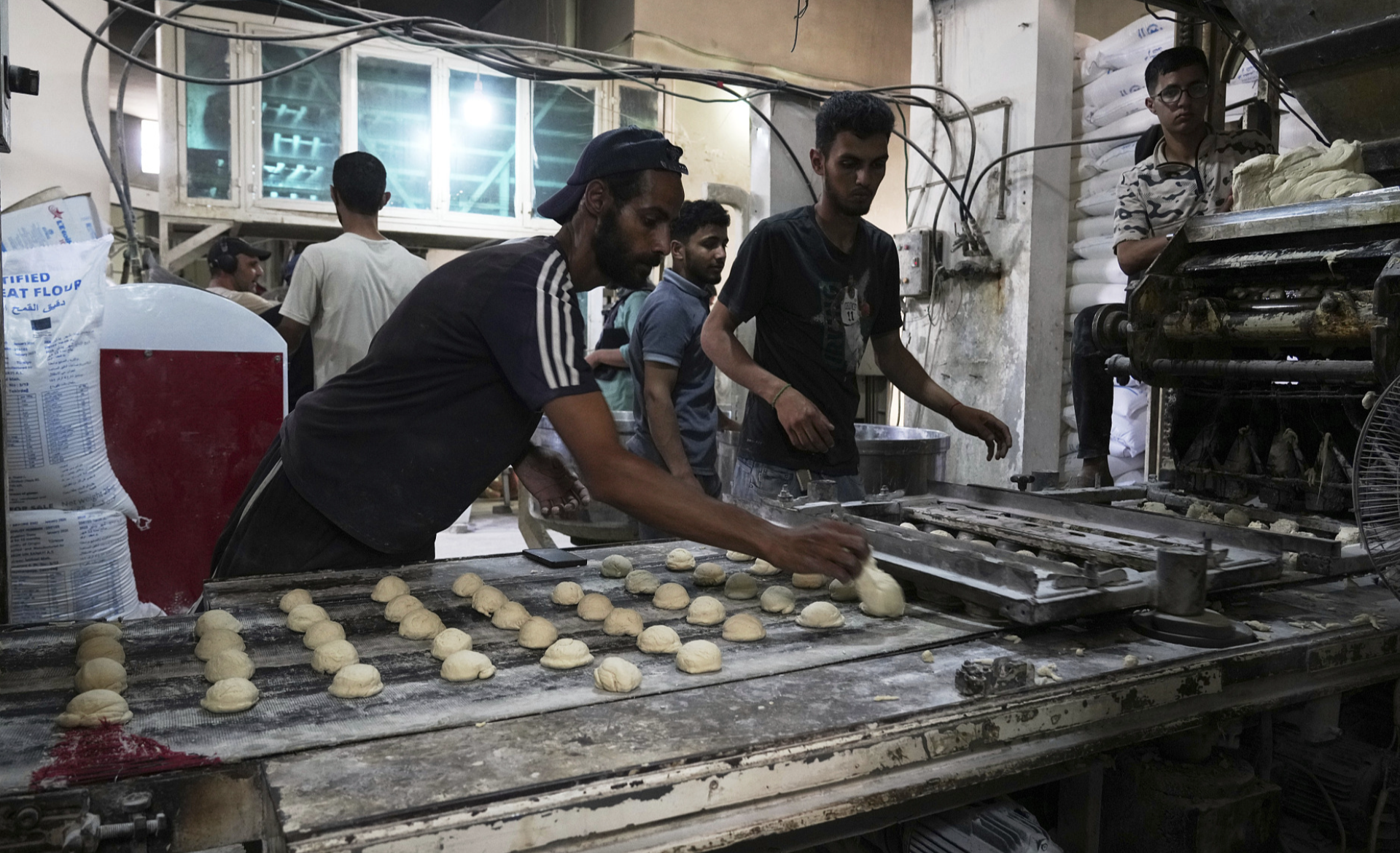
The famine crisis in Gaza has seen slight relief as the UN managed to retrieve about 90 truckloads of humanitarian aid, including 20 truckloads of vital nutrition supplies, now being distributed through UNICEF and other agencies. A few bakeries, backed by the World Food Programme, have resumed bread production. However, after over 80 days of a full blockade, the UN says the aid is far from enough for Gaza’s 2.1 million residents, who still face a severe risk of famine.
Only 19 of Gaza’s 36 hospitals remain functional, with widespread damage to the health system. The UN and WHO warn that urgent access and significantly more aid are needed, especially basic necessities like food, hygiene products, clean water, and fuel.
Israel plans to establish “safe distribution zones” in southern Gaza for civilians, controlled by its military and supported by U.S. companies. Prime Minister Netanyahu claims this will prevent Hamas interference. The blockade began in March, with Israel accusing Hamas of diverting aid — a charge Hamas denies.
Meanwhile, Israeli airstrikes have intensified, killing at least 50 Palestinians on Thursday. European nations condemned the strikes, while former U.S. President Trump voiced support for Israel’s goals: freeing hostages, eliminating Hamas, and advancing the Trump Plan.
Credit : CGTN